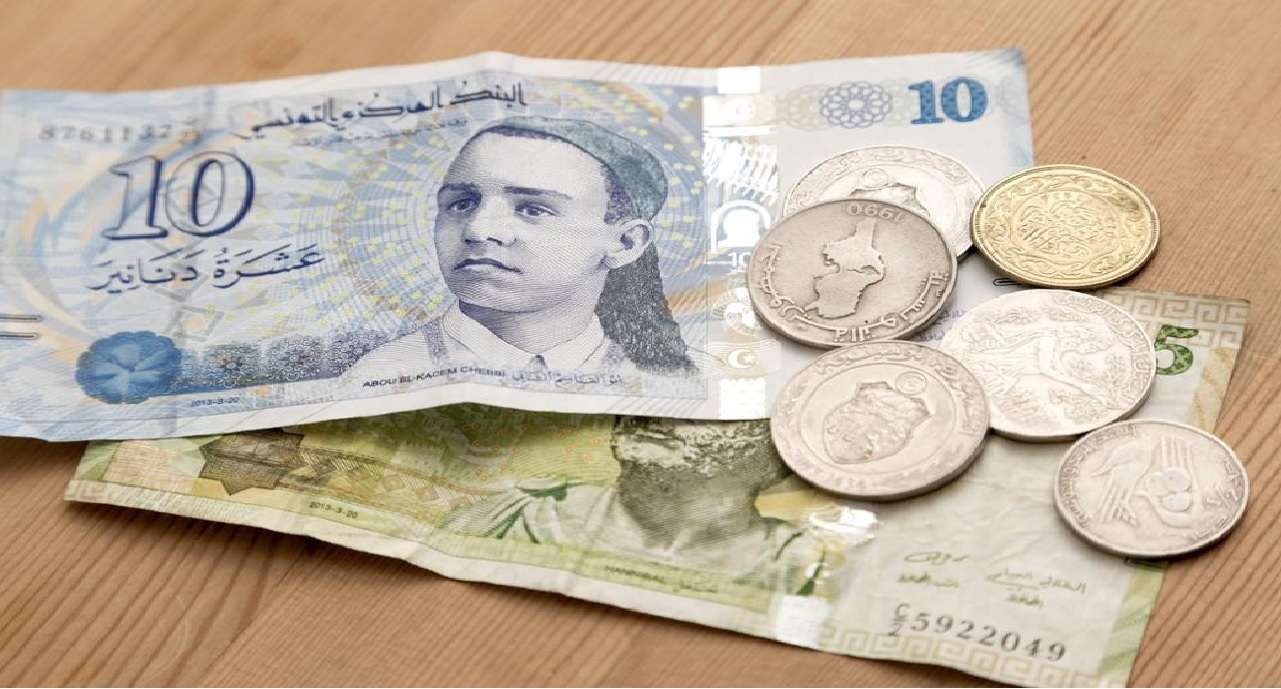The month of Ramadan and the celebrations of Eid El-Fitr in Tunisia were marked by a considerable increase in spending, with massive cash withdrawals from banks.
According to data from the Central Bank of Tunisia, Tunisians withdrew more than 680 million dinars during the week leading up to Eid. This phenomenon contributed to a rise in the money supply in circulation, which reached more than 24 billion dinars, reaching a record threshold.
The Impact of New Regulations
The recent change in cheque legislation has had a major impact on the use of cash. The new law has limited the use of cheques for immediate or deferred transactions, leading to a sharp drop in their use.
This change has encouraged the use of cash, particularly in commercial and personal transactions. Additionally, the lifting of restrictions on holding large sums of cash has further reinforced this trend.
The Challenge of Financial Inclusion
Despite the rise of cash, financial inclusion remains a major challenge in Tunisia. Only 37% of Tunisians have a bank account, according to a 2021 report by the World Bank. This low penetration of formal financial services partly explains the preference for cash.
Authorities are seeking to promote electronic payments to reduce dependence on cash, but this requires sustained efforts to integrate more citizens into the financial system.
The future of the Tunisian financial sector will largely depend on the ability to promote electronic payments and improve financial inclusion. While the money supply in circulation is expected to continue increasing, it is crucial to find a balance between cash and digital transactions to support a more diversified and integrated economy.
Ultimately, the cash boom in Tunisia reflects both cultural habits and the structural limitations of the financial system. To foster a more modern and efficient economy, it is imperative to strengthen financial infrastructure and encourage the adoption of digital payment technologies by a larger number of citizens.
